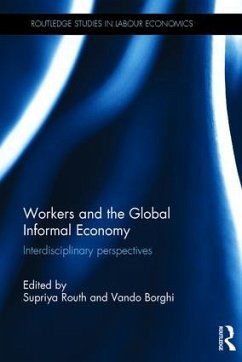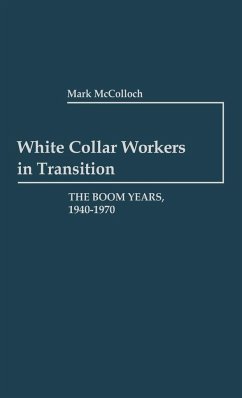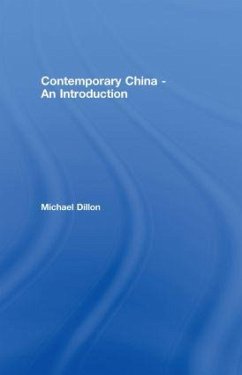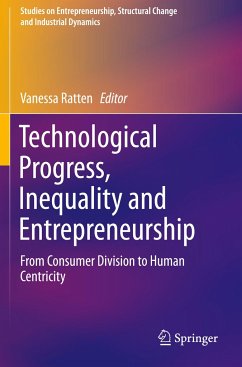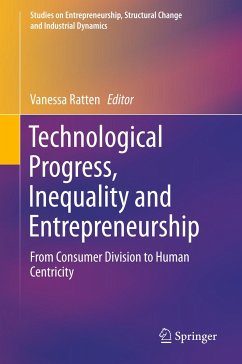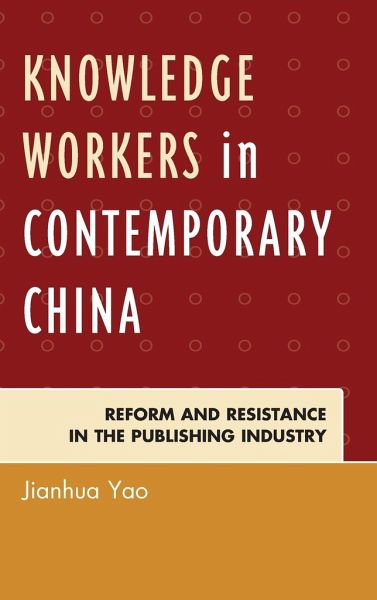
Knowledge Workers in Contemporary China
Reform and Resistance in the Publishing Industry
Versandkostenfrei!
Versandfertig in 1-2 Wochen
122,99 €
inkl. MwSt.
Weitere Ausgaben:

PAYBACK Punkte
61 °P sammeln!
This bookconcentrates on knowledge workers, mainly editors, in the Chinese publishing industry. The book focuses on their changing social, economic, and political roles; their dilemmas, challenges, and opportunities associated with current social reform; and China’s integration into the global political economy.




